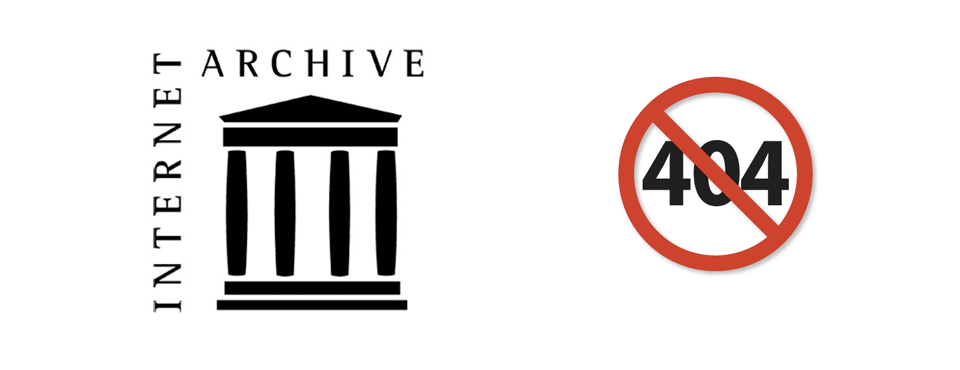One of the papers at the Tenth Annual Himalayan Policy Research Conference this past October focused on "Archiving the 2015 Nepal Earthquake" and featured a discussion by the South Asian Studies Librarians of Yale and Columbia Universities on the archival of online content relating to natural disasters like the 2015 Nepal earthquake. The authors note the critical importance of preserving online journalism surrounding such disasters, especially the journalism of the non-English and non-Western worlds. They collaborated with the Internet Archive's Archive-It program to preserve 107 URLs in the first two months after the disaster.
One of the key points emphasized by the authors is the difficulty of rapidly standing up a web archiving initiative in the immediate aftermath of a natural disaster, given that the majority of media coverage occurs in the first 72 hours and largely levels off within 14 days.
This is one of the truly unique benefits of GDELT's incredible partnership with the Internet Archive to preserve the world's online journalism: GDELT monitors a massive and ever-growing cross-section of the world's journalism, sending the URLs of all monitored online news coverage to the Internet Archive for it to crawl and permanently preserve for posterity. In this way, local and ephemeral coverage of natural disasters from across the world is automatically preserved without any further action. From February 2015 to February 2016, just under one year, more than 667,000 articles from across the world about Nepal have been preserved, including more than a quarter-million in a language other than English, covering almost every language monitored by GDELT. The most common language of coverage of Nepal after English is Nepali, permanently preserving local coverage and perspectives on the disaster and recovery efforts.
Through this incredibly unique partnership between GDELT and the Internet Archive we are ensuring that both global and local coverage of natural disasters is automatically preserved in realtime from the moment disaster strikes, allowing librarians and others in the archival community to focus on the content itself rather than trying to rapidly track down relevant outlets and find an archival partner to quickly begin monitoring them.
